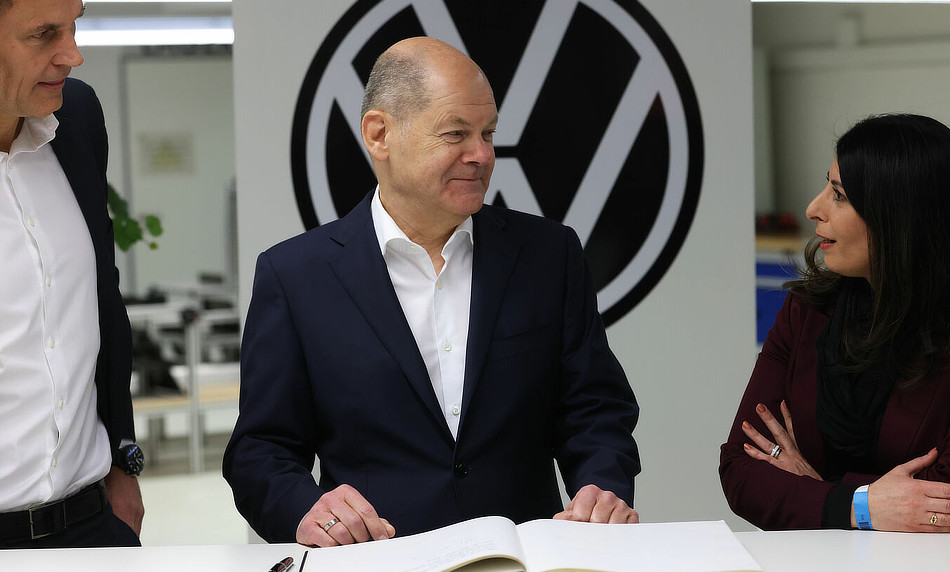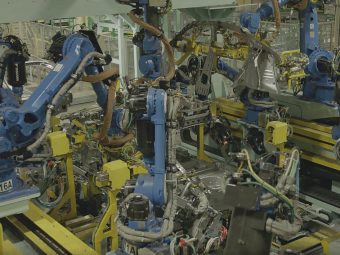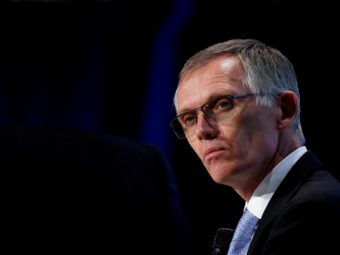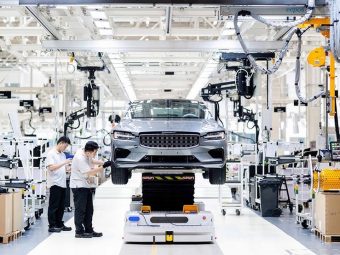The EU is anticipated to announce tariffs targeting Chinese electric cars later this month, prompted by an investigation into China’s subsidies for electric vehicles. In response, Beijing has indicated its readiness to impose retaliatory duties on EU-manufactured cars with large engines, a move that would particularly impact German automakers such as Mercedes-Benz, Porsche, and BMW.
The German car industry has strongly opposed the imposition of tariffs, citing the importance of its business relations with China in securing domestic employment. Former Volkswagen CEO Herbert Diess warned earlier this month that an escalating trade dispute would fuel inflation and impede the transition to a greener economy.
Brussels is at a crucial juncture in deciding on tariffs, coinciding with a slowdown in electric vehicle sales in Europe. Major automakers like Volkswagen Group and Mercedes-Benz are adjusting their strategies accordingly.
German Chancellor Olaf Scholz has voiced opposition to restricting automotive trade as the European Union edges closer to imposing tariffs on electric vehicles imported from China.
Scholz emphasized on Saturday that Germany’s automotive sector benefits greatly from its business ties with China and can effectively compete with the country’s carmakers as long as trade remains “fair and free.”
Scholz stressed the adverse effects of isolationism and illegal trade barriers, asserting that such measures only escalate costs and diminish prosperity. Scholz emphasized the necessity for the industry to continue its transition towards battery-powered vehicles to ensure its competitiveness in the years ahead.
He cautioned against skepticism towards progress and delays in adopting new technologies, warning that such actions would have severe repercussions, potentially allowing other countries to surpass Germany in the automotive sector.








